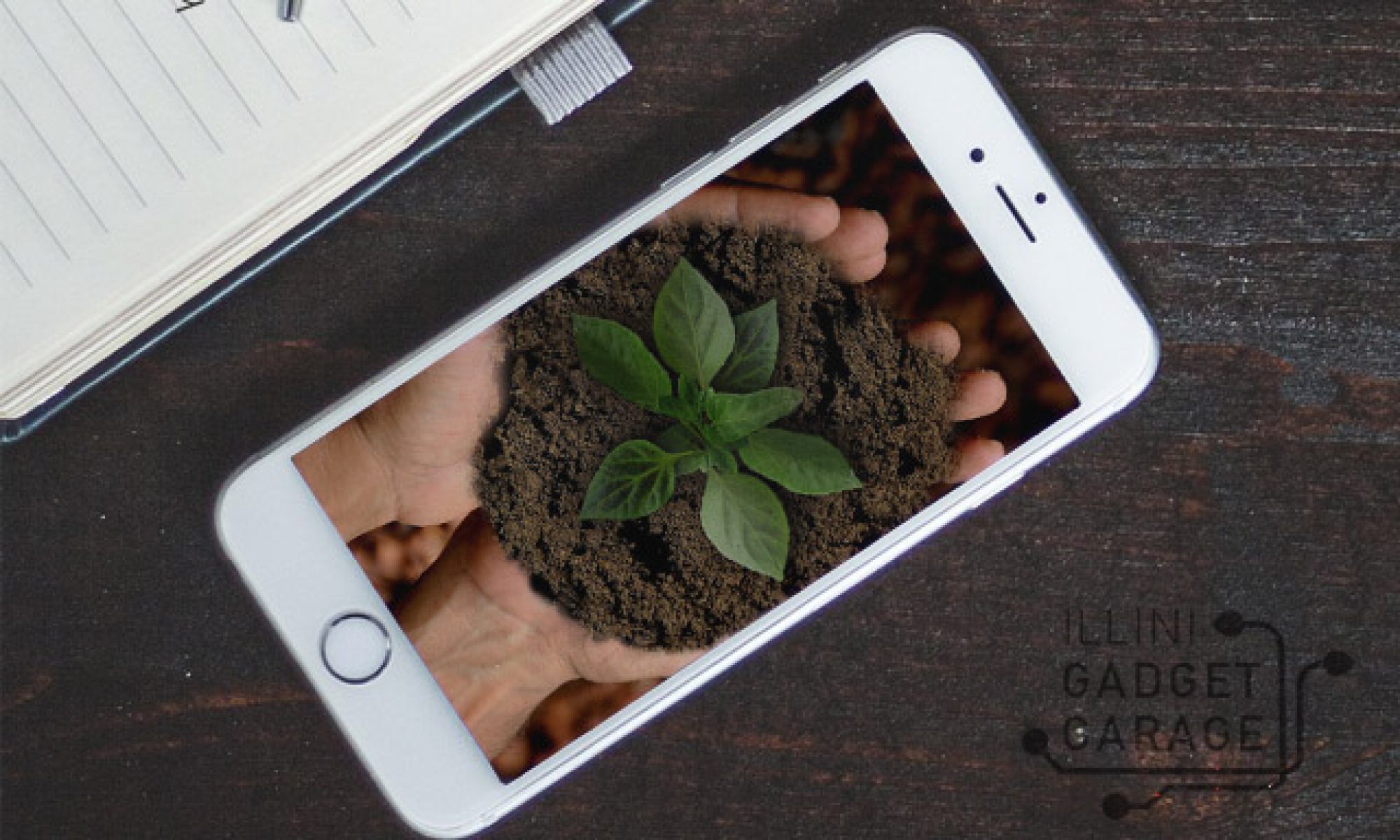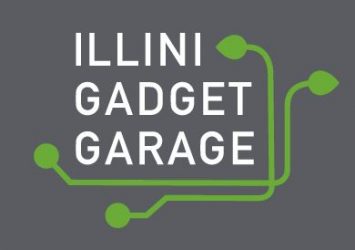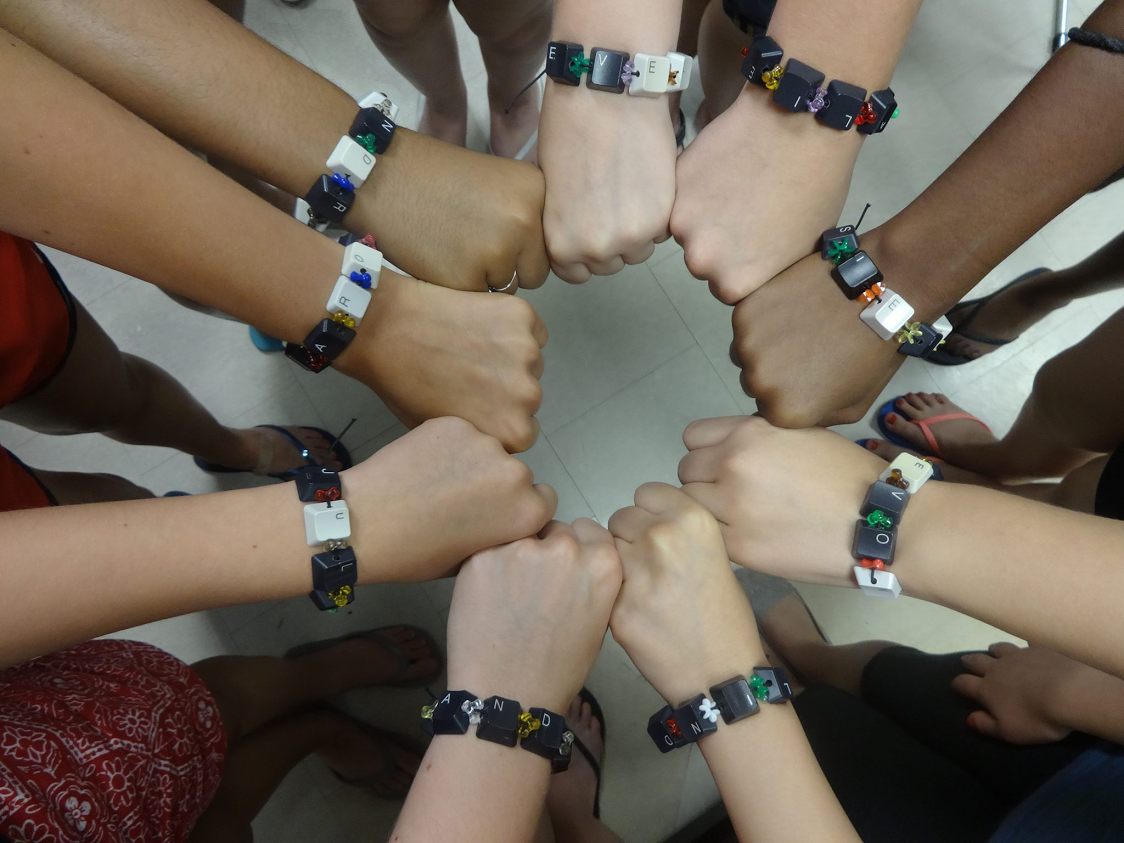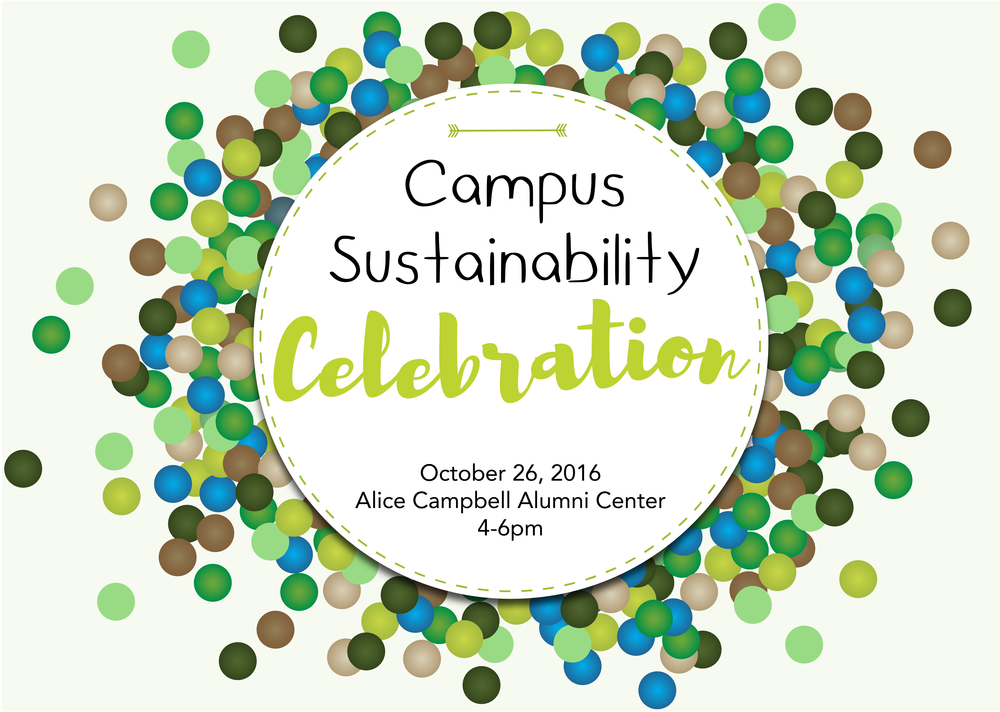This is an edited copy of the original article posted by Dr. Martin Wolske, a senior research scientist at the iSchool at the University of Illinois, published on August 15, 2013.
A few resources for ethical electronic consumerism:
There are a number of ethical implications surrounding our purchase and use of electronics. Much of this is beyond our direct control, but not all. And of those things that we cannot directly control, there is an increasing awareness that our spending can be leveraged to promote greater ethical choices by industry. The activities around reduction and reuse in the old adage “reduce, reuse, and recycle” take on new meaning as we begin to do deeper research on ethical electronic consumerism.
But to become a more ethical consumer, we first need to develop a more sophisticated understanding of the underlying issues. We need to move beyond reacting to dramatic news stories of human rights or environmental tragedies towards understanding the environmental and social responsibility culture of the companies that manage some portion of the life-cycle of electronic products. The resources linked above can be useful in considering how transparent a company is, what their governance is like, what their policies are relating to these issues, and how they work with their supply chains to assure these policies extend beyond the immediate corporate entity.
I use the term ethical electronic consumerism as opposed to green electronics to indicate there are both environmental and human rights issues to be considered. In considering these, it is also helpful to consider the different aspects of the lifecycle of electronics, from initial mining of resources, to the production of the electronics, to their use, and eventually to the trashing or recycling of the products. For instance, we might consider:
- What are the environmental and human health impacts of mining the raw materials? Within the U.S., a long fight was needed to drive the coal industry to provide much needed safety equipment to counter the health impacts of mining such as black lung disease. But major tragedies strike and we find the policies are either insufficient or ignored. Fracking has raised awareness for some within the U.S. of the environmental costs, with contaminated drinking supplies and rapidly emptying fresh water aquifers. These issues can be magnified many times over in the international mining of raw material for electronics.
- What is the human rights cost of mining and producing electronics? The Apple/Foxconn case garnered considerable attention of the severe working conditions and low pay for Chinese workers producing parts for Apple products. More recently, news regarding a Brazilian lawsuit against Samsung for labor rights violations has been making news. But not much is spoken today in the U.S. about the extreme violence in the eastern Congolese as factions fight to control the mining of raw materials there. The violence bleeds over to the civilian farmers in the region, with murder, rape, forced labor and recruitment of child soldiers a common experience.
- What is the environmental impact of electronics use? It is interesting to note that the savings in electricity resulting from the move to energy efficient appliances and homes over the last decades has been almost directly offset by the expansion in the number and hours of use of electronic devices within households. This is where we can have the most direct impact by choosing energy-efficient options, powering off and, when possible, unplugging unused devices, and limiting the number of devices we own and use.
- What is the environmental and human rights impact of electronic waste disposal? Many devices end up in landfills where the toxins contained within the electronic devices begins to run off into the surrounding area. Those that are recycled, though, often are instead eventually shipped overseas where workers work in hazardous conditions with little or no protective equipment to extract the valuable raw materials that are then reused to produce new electronic equipment. We can have a direct impact here, too. First, we should carefully consider whether we need to replace an existing technology in the first place. Second, if we do need to upgrade, is it possible for the device to see reuse by someone else? Either way, we can keep that device out of the hands of a recycling and decrease the environmental impact of producing a new item for a bit longer. The cost of recycling along with the cost of producing a new item may very well be greater than the cost of continuing to use an electronic device even if it is less energy efficient than newer products.
Choosing to live completely off-grid is rarely possible or even advisable. But I am increasingly hearing a strong case made that we can be even more effective if we use our purchasing dollars to leverage change within the various industries. Technologies exist that minimize the use of toxic chemicals and blood minerals within electronics, but aren’t being widely used yet because there’s not a clear economic incentive. Large industries subcontract with many smaller companies to produce components and have demonstrated in several cases that they can leverage their purchasing power to require those smaller companies to follow basic human rights practices, but those larger companies only tend to do so if they have an economic incentive. Indeed, sometimes they may find the expedient thing is to minimize bad press and abandon the small companies. But they can have the greatest impact sometimes by staying and working with the small company to bring about change. While a slower and potentially less popular path, it is a path that has some of the greatest potential for change.
If we consumers, individually and on behalf of the organizations for which we recommend or make purchases, begin using some of the resources available (some are linked below) to understand the issues involved and how companies are performing in these various domains, then we can begin using our dollars to push for change. But we need to do so in a way that recognizes the complexities involved and that builds towards the long arc of justice and not just quick, feel-good fixes that may ultimately have long-term negative consequences for those who are out of site but most directly impacted by such changes. For instance, perhaps we should look towards supporting with our purchases a company that stays with certain supply companies and works with them over a period of months and years to reform worker rights and environmental impact at the company and in the region even if in the short term they appear to be supporting a corporately unethical supplier.
History can be such a great teacher. East St. Louis, IL, along with the surrounding small municipalities, provide an example of industrial suburbs – a place that owes it’s existence largely to one or a few manufacturers that crossed just over state lines to create a municipal government focused on maximizing profits when in the mid-1800’s large city governments began to crack down on the environmental and human rights impacts of those companies. One of those companies, American Zinc, produced materials that were instrumental in the early electronics industry. Like many industrial suburbs, the years of production created a toxic health environment for both workers and nearby residents. Further, when the industries left in the mid-1960’s, they left behind sites and whole neighborhoods with environmental contamination. But while this region provided the materials critical to the development of modern electronics, sadly the region remains significantly underserved by the digital age, with no or poor broadband service, many households without computers, and often low digital literacies.
Today the industrial suburbs no longer are created across state lines, but instead industries do much of their dirty work farther out of site. We speak of addressing the divide between those who have technology and those who do not. But in becoming ethical consumers, we can take a more proactive stance in working to stop the creation of communities that will face long-term consequences because of the environmental and human rights violations occurring today. If we are willing to do the work required to become informed and to act upon that information.
A few stories about the environmental and human rights impact of electronics:
- The E-Trash Transparency Project, Basil Action Network, May 9, 2016.
- Exporting Harm: The High-Tech Trashing of Asia, Basil Action Network, May 16, 2013.
- Liberation technology and corporate misanthropy (scroll down a bit to get the report)
- “Environmental Impact of Technology Manufacturing in China” (Video) KQED, Public Media in San Francisco
- Foxconn on Wikipedia (Website)
- Old American Zinc Plant (Website) U.S. Environmental Protection Agency.
- After Dump, What Happens to Electronic Waste? (Audio) NPR Fresh Air, December 21, 2010.
- Blood Coltan (Documentary) Independent documentary about the mining and trade of Coltan, a rare earth mineral used in smartphones.
- Track My Trash (BBC Documentary) A documentary about the abuse of recycling and its negative impacts on human health and the environment.
- Thou Shalt Consume: The Story of Consumer Electronics. A good consideration of the socio-technical systems that link consumerism, disposable electronics, cloud computing, and ewaste. Done with minimal blame and useful suggestions for how to lead towards a more ethical future.
Thanks to Colin Rhinesmith for introducing me to these issues and compiling these stories for the Introduction to Networked Systems course we co-taught Spring 2013. The lecture he recorded can be found at:
http://cmediachange.files.wordpress.com/2013/01/lis451_environmental_impacts.mov




